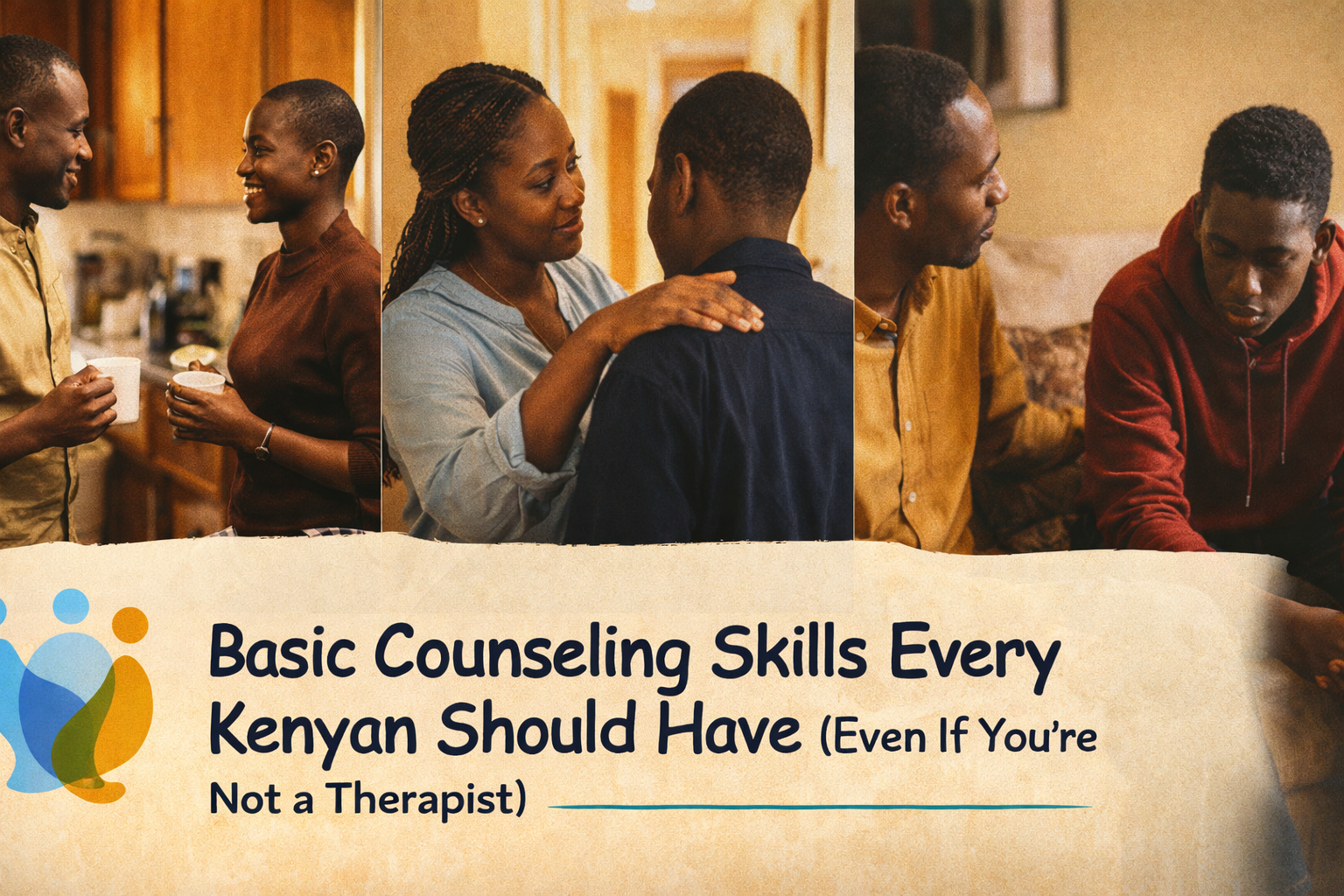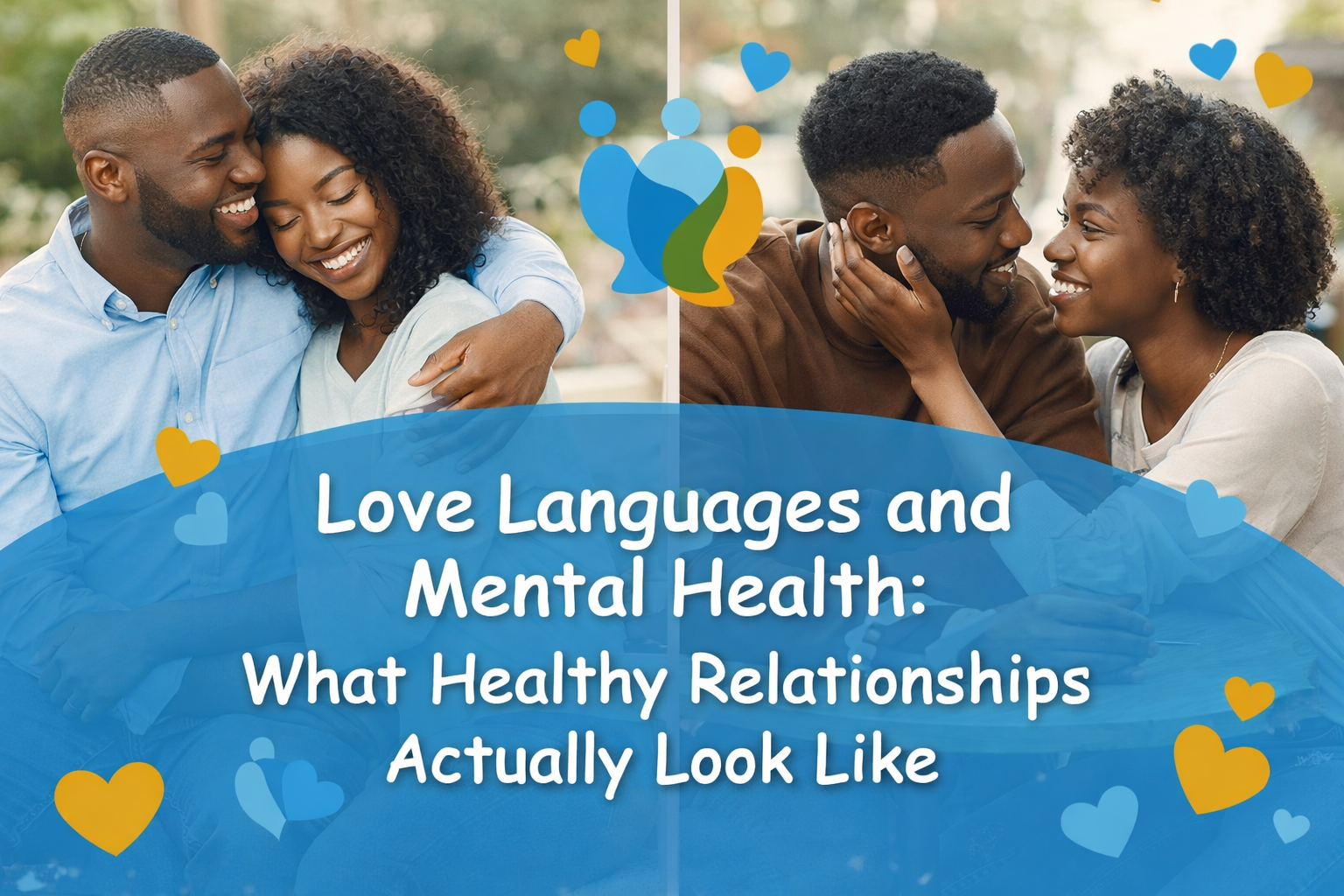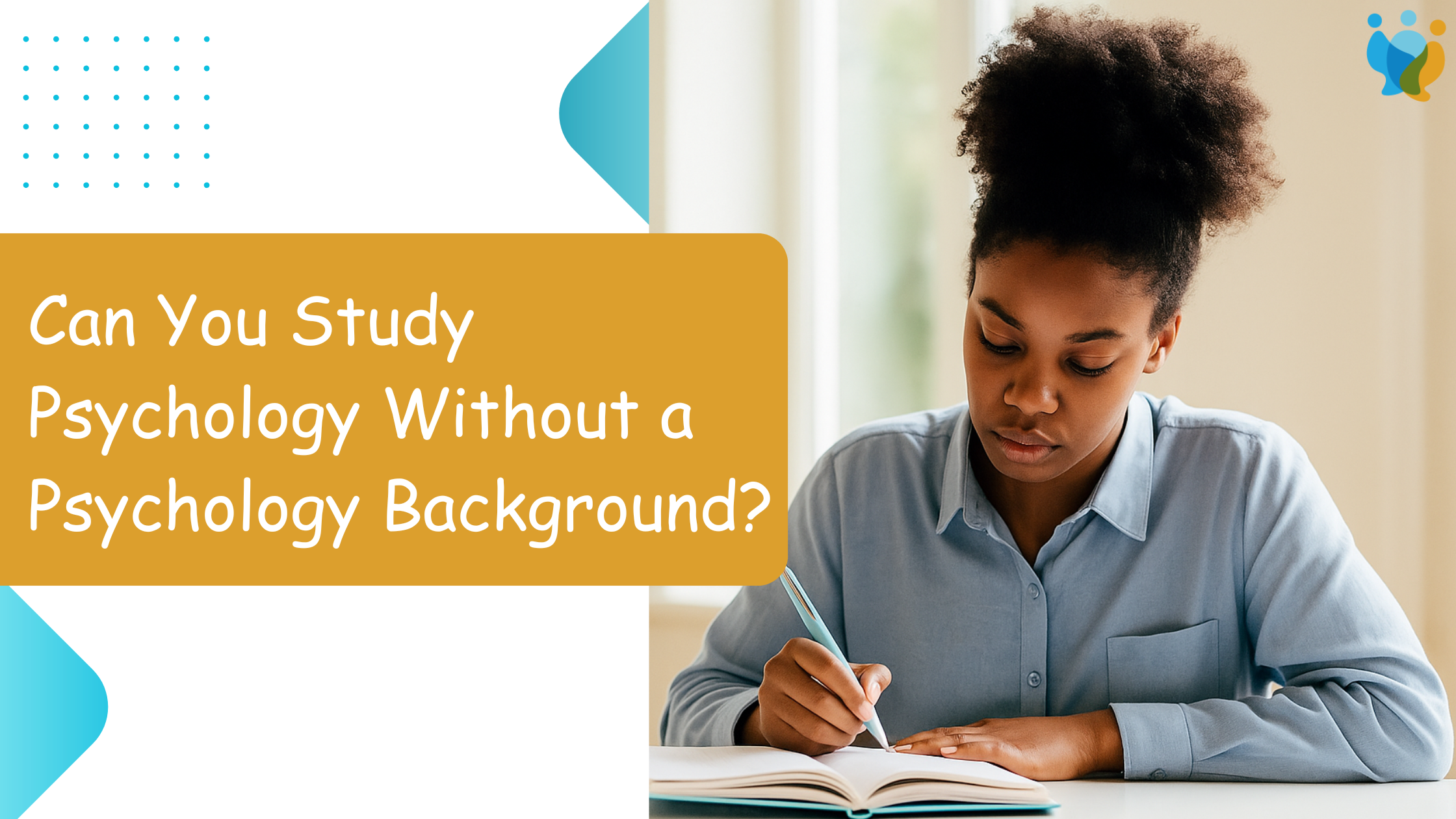How To Protect Your Child During Relationship Conflict

5 Reasons Why You Should Not Use Your Child As A Pawn When You Have Parental Conflict
When the promise of marital bliss goes up in flames in a couple’s life, small disagreements can easily evolve into hatred and quickly escalate to divorce or separation.
While divorce maybe the easy way out for the couple, it can end up being disastrous for the children; especially depending on the couple’s behaviour.
One of the most common outcomes of divorce and marital separation is parental alienation, a term first used by Dr Richard Gardner in 1985; where parents use the children to punish their partner by either turning the children against them, or denying the other parent access to the children without a viable reason. A viable reason here would be evidence of physical, sexual or emotional abuse on the children by the alienated parent. The purpose of parental alienation is to destroy the child’s relationship with the other parent and to turn the child’s emotions against the other parent.
To understand the experience of alienated children, it is important to look at the characteristics of the parent who alienates their spouse from the child. Research studies show that alienating parents present with highly controlling behaviour, emotional immaturity, vindictiveness, and Narcissistic personality traits. They may also lack the capacity to deal with anger and bitterness in an adaptable manner. They also tend to come from dysfunctional families. The alienating parent therefore is likely to engage in behaviour that puts their own needs ahead of their own children’s.
A study focusing on the experiences of 40 adult children who had been alienated from one parent in North America found that parents who alienated their children from their spouses employed strategies similar to cult leaders to make sure the child cut contact with the alienated parent. Some of the similarities involve: demanding excessive loyalty from the child, using emotional manipulation to create extreme dependency; making the child perceive the alienated parent as dangerous (indoctrination) and withdrawing love as a way of punishing the child.
It takes a lot of emotional maturity for parents to restrain themselves from using the children to “punish” the other person. But it can be done. And here are five reasons why every parent should endeavour to do so:
i) Your child may suffer from a poor self image.
This is especially the case where the parent who has custody of the child keeps telling them negative things about the other parent. Every time you critisize your partner who Is also your child’s parent, you are telling them that they are also just as ‘stupid’ ‘useless’ or as ‘lazy’ as their other parent. It is especially worse if the child identifies with the other parent; by virtue of bearing any physical or behavioural resemblance to them.
The child may also think that the alienated parent does not love them.
A poor self image contributes to identity issues and a deep sense of insecurity; which interferes with an individuals ability to relate in a functional manner with others.
ii) Increased risk of alcohol and substance use & Deliquent behaviour.
Children who are forcefully separated from their parents are vulnerable to anxiety. The hostility that comes with separation and divorce is too complex for children to understand or handle. The result is some form of unhealthy coping mechanism that the child uses to deal with that anxiety.
Alcoholism, use of drugs, aggression, and delinquent behaviour in teenage hood are some of the ways in which children try to dispel the confusion and anxiety they experience from being separated from one parent and being forced to hate them.
iii) Increased vulnerability to mental health difficulties.
A study involving an international sample of 20 adults alienated from one parent in their childhood found that:
– 55% of participants experienced depression and anxiety in their adulthood. This is because they had learnt to focus on the negativity of life out of their experiences.
– 20% of the participants reported struggles with eating disorders and body image concerns that began in adolescence.
– 40% of them reported personality dysfunction, involving a variety of difficulties such as: Narcissistic behaviour, incapacity to regulate emotions, controlling and perfectionistic tendencies learnt from the parent who alienated them from their other parent, fear of abandonment, an extreme need for reassurance and validation, attention seeking behaviour, impulsivity, inability to trust one’s thoughts and feelings and lack of self control. These were mainly due to the Narcissistic and Unstable behaviour of the alienating parent.
– 10% of participants talked about being sexually promiscuous and getting addicted to sex and pornography as a way of seeking connections with people.
– 15% of participants reported having engaged in self harm during adolescence and well into their adult years. The self harm mainly involved self cutting leading to psychiatric hospitalization; and was one of the means they employed to cope with intense inner pain.
iv) Increased suicidality from adolescence to adulthood.
The alienating parents’ manipulative behaviour leads to a sense of hopelessness and helplessness for the child, which are some of the key triggers of suicidal ideation (thinking of committing suicide). Furthermore, children mourn the loss of their alienated parent like they would the premature death of a parent. This constant sense of loss and grief can be overwhelming to a child, and coupled with an alienated child’s lack of coping skills can lead to thoughts of suicide and the possibility of committing suicide as an escape.
V) Resentment and Anger towards the alienating parent.
As children grow up, they go through the natural process of trying to understand themselves and acquiring a sense of identity. A gradual process of emotional autonomy/freedom from the alienating parent starts to take place and the child is now in a position to question the alienating parents’ beliefs and indoctrination. A realisation of what was taken away from them is likely to lead to anger and rage, as well a deep sense of resentment towards the alienating parent. They tend to blame them for their difficult childhood. The rage is mostly as a result of the awareness of being used to meet their dysfunctional parents’ needs.
Divorce is a difficult experience, and one of the dysfunctional ways of coping that people employ is to look for faults in their partners, or use the children hoping that this takes care of the wound within. Unfortunately, using your children as a pawn is no different from shooting yourself in the foot. You will win the battle, but you will definitely lose the war.
Reach out to us for help with:
i) Post divorce healing and coping
ii) Healing from parental alienation
iii) Healing as an alienated parent.
Leave your comments below. We’d like to hear your thoughts on the topic!









